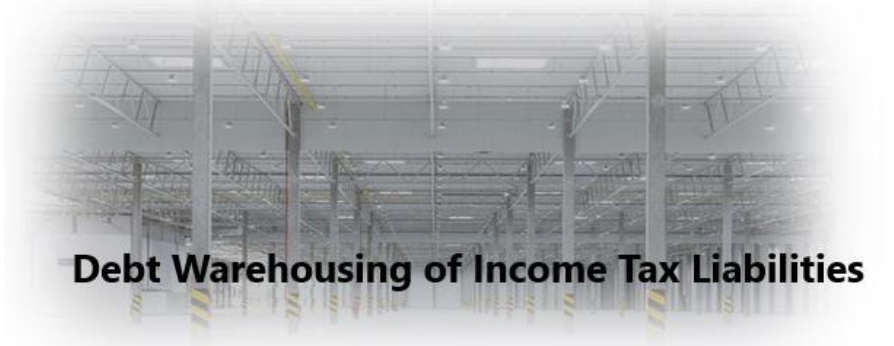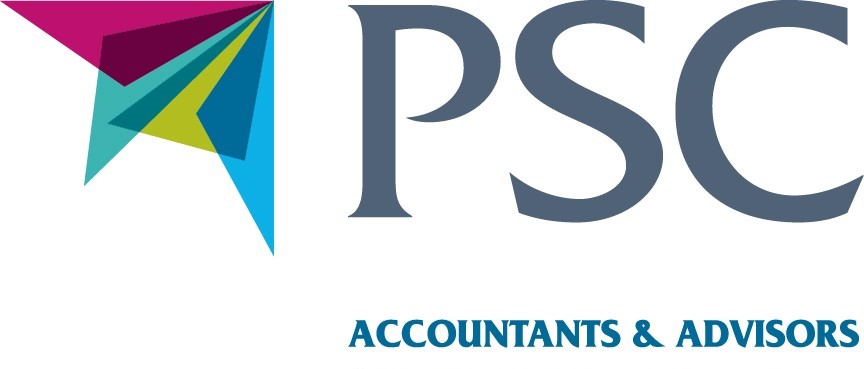
Debt Warehousing of income tax liabilities
Before the Budget day announcement, only certain VAT and PAYE liabilities could be warehoused. Finance Bill 2020 now provides for certain qualifying income tax and preliminary tax liabilities to be warehoused (together with repayments of TWSS subsidies).
The following tax liabilities can now potentially be warehoused:
- the balance of your 2019 income tax liability, and
- your preliminary tax liability for 2020.
The balance of your 2019 income tax liability can only be warehoused where you have made a sufficient preliminary tax payment for 2019 in October/November 2019. Where, as a result of this, your 2019 balancing payment cannot be warehoused, it can still qualify under the reduced interest rate; but only where an application is made to Revenue by 10 December 2020.
In order to qualify for Debt Warehousing:
- You must be taxed under the self-assessment system.
- Your total income for 2020 must be at least 25% lower than your total income in 2019 and a declaration must be made to Revenue to this effect; Revenue are to issue guidelines shortly on the making of this declaration.
- If you had no self-assessment income in 2019, you may still qualify, if you can demonstrate that you are unable to pay because of Covid-19 restrictions.
Anyone with addition tax liabilities not declared to Revenue will not be entitled to claim debt warehousing, unless matters are regularised by 10 December 2020.
A declaration must be made to the Collector General in order to claim debt warehousing. In the case of ROS filers, the deadline is 10 December 2020. In the case of “paper filers”, the deadline is 31 October 2020, which is this Saturday.
Under debt warehousing, the following interest rates will be charged:
- No interest will be charged up until 31 October 2021, or 10 December 2021 for online taxpayers.
- 3% interest will be charged thereafter, so long as the repayment terms and other tax obligations are met.
- The taxpayer will enter into a phased payment arrangement before the zero interest period ends; and the 3% rate will continue to apply so long as the repayment terms are met.
Qualifying taxpayers will still be able to obtain tax clearance certificates, so long as they comply with their other tax obligations. Refunds arising in warehoused periods will still be repaid, if desired.
Looking forward to October 2021, there is also provision for extending debt warehousing to the balance of your 2020 income tax liability and also your 2021 preliminary tax liability, subject to terms and conditions.
Reduced interest rate
To qualify for the reduced interest rate where warehousing is not possible (ie, because your preliminary tax payment for 2019 was not sufficient), the same underlying principle applies: your total income for 2020 must be at least 25% lower than your total income in 2019 and a declaration must be made to Revenue to this effect.
Disclaimer: The content of this document is for general information only and should not be relied upon as a legal or professional interpretation of any law or other guidance. While every care has been taken by the Author in the preparation of this document, PSC Accountants Limited or associated companies will not be liable to you or any third party for any loss including, but not limited to loss of profits, goodwill or any type of special indirect or consequential loss howsoever caused ( including loss or damage suffered by you as a result of an action brought by a third party) arising out of or in connection with the provision of our services, in contract, tort, by statute or otherwise, even if such loss was reasonably foreseeable or in the contemplation of us or if we had been advised of the possibility of you incurring the same unless the loss is primarily caused by bad faith, gross negligence or wilful default by us.
